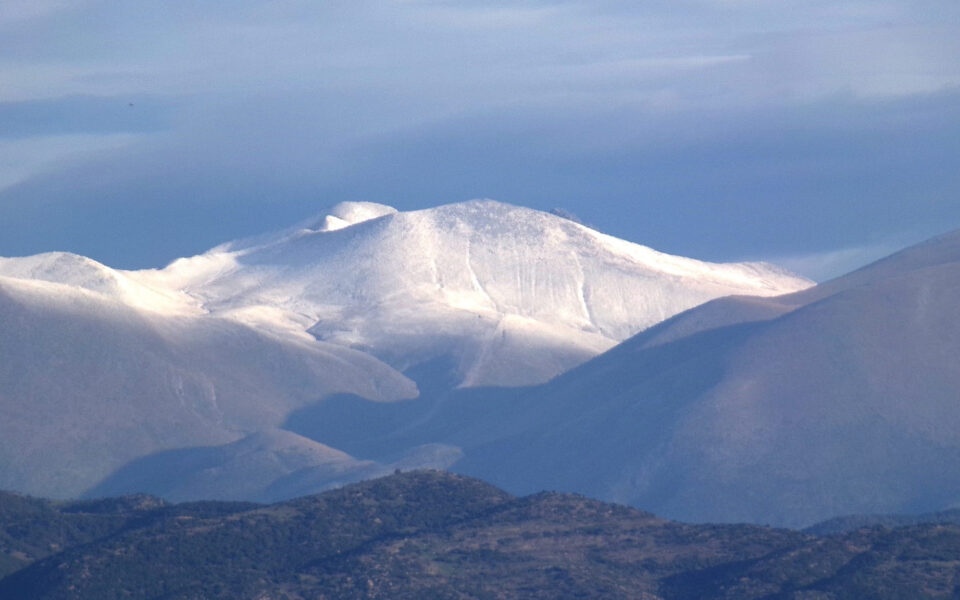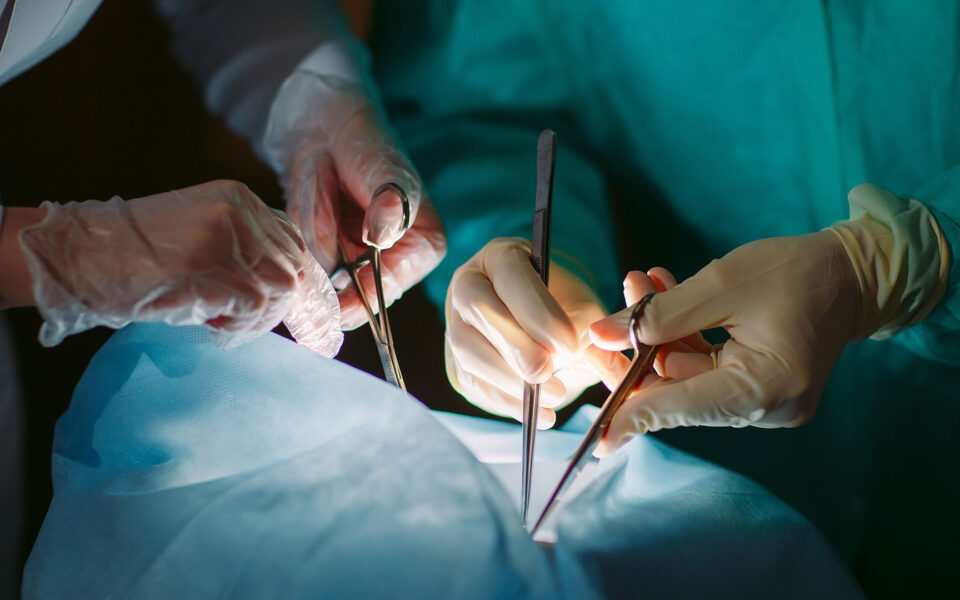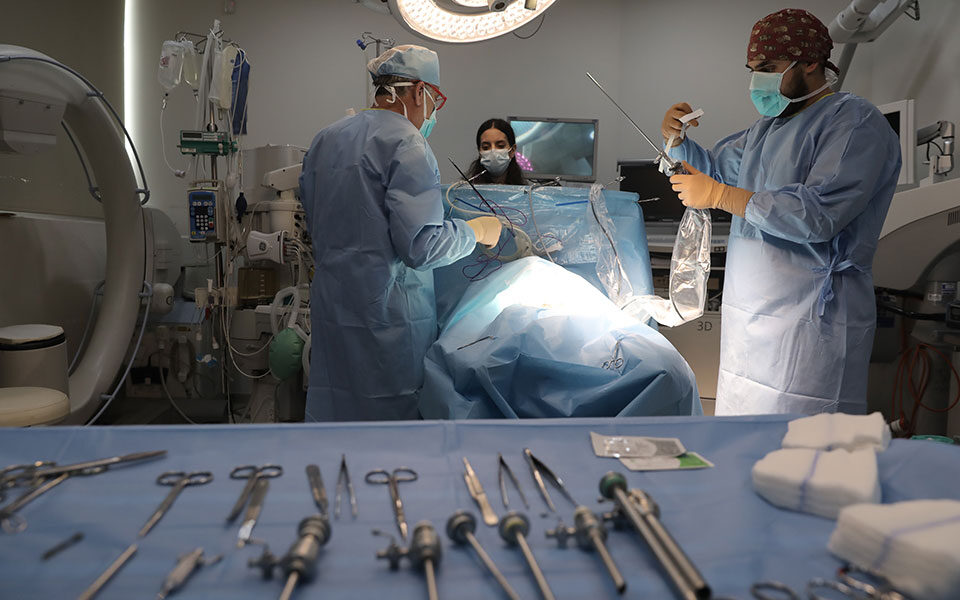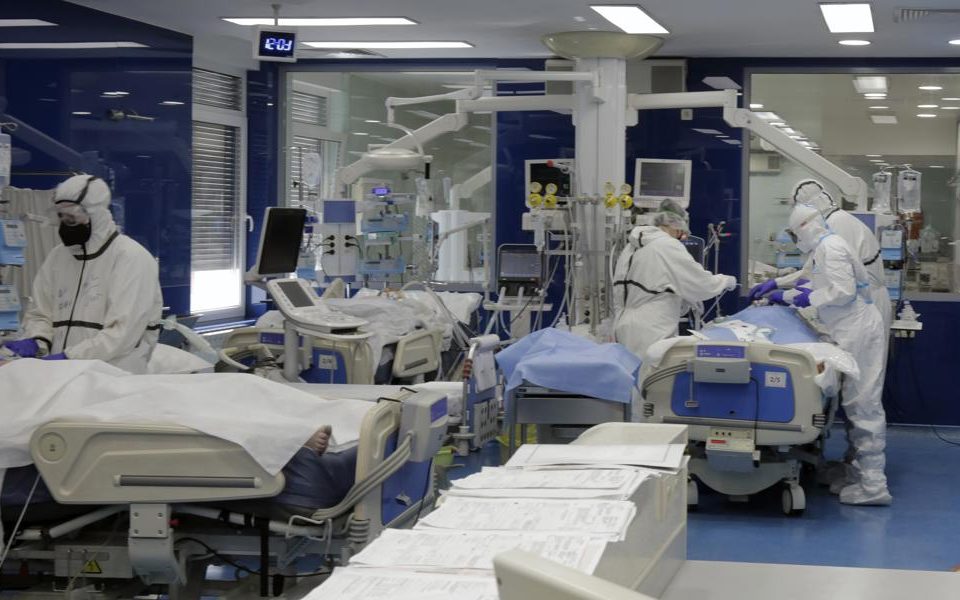NSW records uptick in COVID-19 cases as restrictions extended
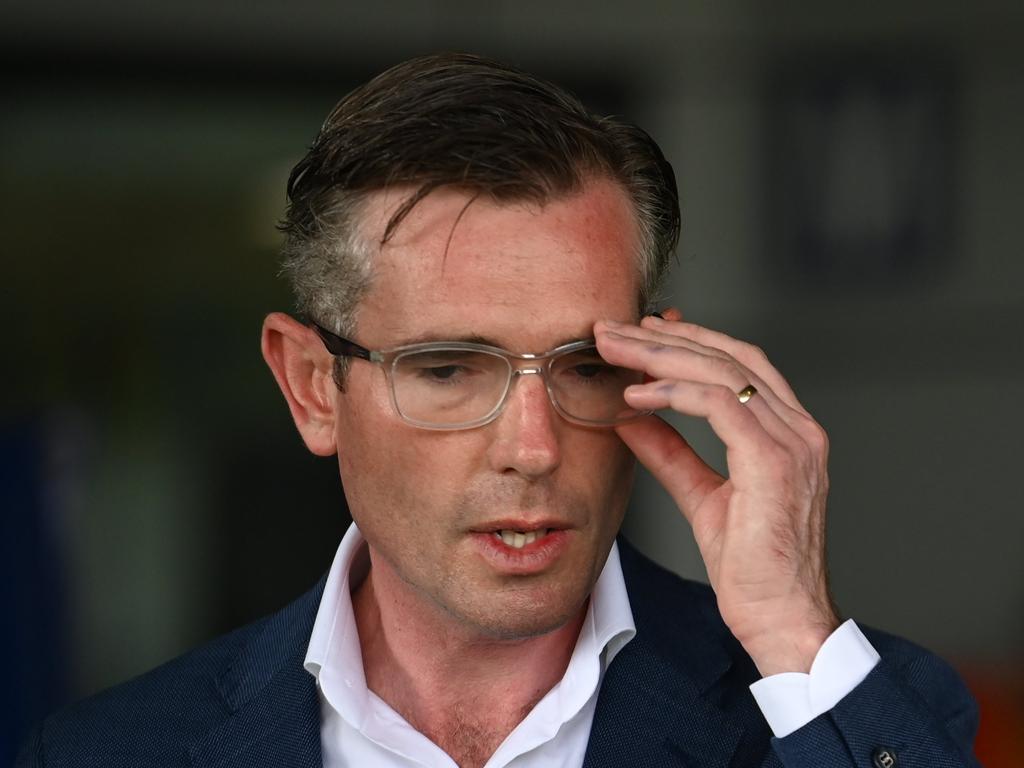

Coronavirus restrictions have been extended in New South Wales for another month, as the state records a slight uptick in case numbers and hospitalisations overnight.
Twenty nine more people have died with COVID-19 in the state, as 18,512 new infections were recorded and hospitalisations rose by 127 patients to 2943.
Premier Dominic Perrottet announced restrictions on hospitality venues and mandatory mask wearing would be extended until late February in a bid to protect students returning to school and move toward resuming elective surgeries.
Masks will be mandatory indoors except for residences, while density limits of and bans on singing and dancing will continue to be enforced.
People are encouraged to keep working from home and mingling is not encouraged. These include density limits of two square metres in hospitality venues, bans on singing and dancing and mask mandates indoors.
Mr Perrottet said these measures will help elective surgery return by mid-February. Today marks two years since Australia recorded its first coronavirus case.Since then “the country has been through hell and back,” Health Minister Brad Hazzard said.
Mr Hazzard emphasised the importance of getting a booster vaccine to help manage the virus “going forward”.
“If we have older family and relatives, friends that are vulnerable, we as individuals have an obligation to go and get boosted.”That’s the Aussie way. Look after your mates.”
Restrictions staying in NSW
Current settings will continue from Thursday January 27 to Sunday February 28 and include:
- Hospitality venues, including pubs, clubs, restaurants and cafes, and nightclubs must follow the one person per two square metre rule indoors;
- Masks are required in all indoor settings (except residences). Masks are strongly encouraged where you cannot maintain a safe distance from others;
- QR code check-ins are compulsory at certain premises, including hospitality venues and retail shops;
- Singing and dancing is not permitted in hospitality venues, entertainment facilities, nightclubs, indoor music festivals and indoor major recreation facilities (except for weddings, performers, instructors and students).
Breakdown of daily case data
NSW Chief Health Officer Kerry Chant has provided more information on the people who died with coronavirus overnight. She said 29 people died from coronavirus-related complications. Of these, 16 were men and 13 women.
“Of the 29 people five were in their 60s, three people were in their 70s, 14 in their 80s, 6 people in their 90s and one was more than 100-years-old,” she said.”
Two people had received three doses of the COVID-19 vaccine, 21 had received two doses and six people were not vaccinated.”
NSW had previously recorded a steady decline in case numbers and hospitalisations in recent days, leading some to believe the worst of the current wave is behind us. A total of 18,512 new infections were recorded today, up from 15,091 yesterday.
There are now 2943 people being treated with the virus across the state’s hospitals, up 127 from yesterday. There are 183 people in intensive care units – down from 196 on Monday.In Victoria, 14,836 new COVID-19 cases were recorded overnight, along with a further 29 deaths.
The latest daily reporting comes after the World Health Organisation (WHO) warned against thinking the pandemic would be over once the Omicron wave subsided. Director Tedros Adhanom Ghebreyesus said global “conditions are ideal for more variants to emerge”.
Parents won’t be fined if they don’t send kids to school
The Secretary of the NSW Department of Education Georgina Harrison has provided an update on some of the measures that will help keep children COVID-safe in schools. Five measures in particular will help prevent the spread of coronavirus. “The first measure is to make sure children who are sick don’t come to school,” Ms Harrison said.
“Secondly is vaccination; around 80 per cent of teachers are eligible for their booster as of today. “Teachers and parents are also encouraged to get booster shots when they can. Ms Harrison said a “military-scale” mission is underway to supply rapid antigen kits to schools.

She confirmed 7.5 million rapid antigen tests are on their way to schools “as we speak”, and up to 50 per cent of schools in Sydney and North Sydney have received their kits already. Both teachers and students must also wear masks in the classroom and airflow will be checked in each facility. Mr Perrottet confirmed parents who are not comfortable sending their kids back to school won’t face any penalties.
“We’re certainly not going to be fining parents. That’s ridiculous,” Mr Perrottet said. “We want parents to feel comfortable. “We know parents are anxious but it’s incredibly important we get children back in classrooms.”

Mr Perrottet said students’ return to the classroom will be done a safe way, acknowledging “anxieties” felt by parents.”There will be disruption as students return to the classrooms,” Mr Perrottet said.
“There will be less disruption under that plans we have in place.’We’ve resourced those plans and invested significantly … A safe way for parents, students and teachers.
“Online resourcing will still be provided to help isolating students keep up their education.”This is all about building confidence and bringing people together,” Mr Perrottet added.
Online resourcing will still be provided to help isolating students keep up their education.”This is all about building confidence and bringing people together,” Mr Perrottet added.
Source: 9news.com.au

